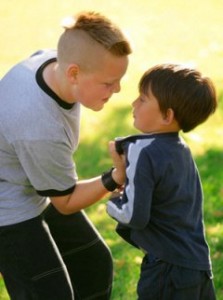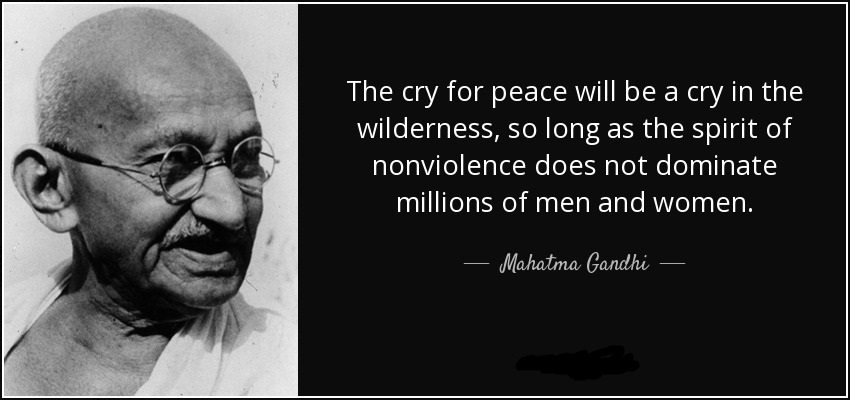
As we all know, back-to-school is the time for change: new clothes, new schools, new friends…..even new enemies.
Bullying is prevalent in many schools, whether it be elementary school or a college institution. It could range anywhere from being harassed for lunch money, to being socially neglected from a group of students going a college party. On ANY level, bullying is unacceptable, yet unavoidable. Even worse, bullying is an ongoing problem which escalates into adulthood if it’s not promptly resolved. As we head back to school in 2010, here are a few tips for parents to consider:
- Pay attention to your child’s behavior when dropping them off and picking them up from school.
- Always monitor the academic progress of your child; a drop in grades could mean that your child is being bullied.
- Look for any frequent physical scars (i.e. cuts, bruises, scrapes, etc.).
- If your child becomes easily frustrated, distressed, or socially withdrawn from normal social activities (i.e. sudden disinterest in playing with friends.)
Parents should know that sometimes your child is the one doing the bullying. This could lead to future difficulties in coping responses and unsuccessful relationships in the workplace. If your child is the bully, or you suspect your child is bullying others, here are a few things to look for:
- Sudden accumulation of gifts/toys, etc. (i.e. your child has on a chain they didn’t have before they left for school.)
- Increase interest academics, despite their disinterest to do schoolwork or study.
- No interest in sports participation or extracurricular activities after-school.
- New and unusual aggressive or strange behavior when you tell them “no”, or give them restrictions.
Bullying has to be addressed because it can lead to depression, anxiety and even parent-child relational problems. The signs of depression in your children are usually different than what you might see in an adult. Also, please be reminded that there has been a documented increase in suicide completion of school-age children as a result of bullying. We also need to watch for “acting-out” behaviors in children. This is usually a cardinal sign that something is going wrong. I have interviewed a couple of children and many feel that they will be punished if they “speak-up.” Parents, please don’t do this to your children. Moreover, don’t automatically believe everything that their teacher(s) may say…ask questions!
Be sure to talk with your children about bullying if you feel they may be a victim or a suspect of it. Also, be sure to talk with the teachers in the school if your child is showing signs.
Do you or your children feel like victims of bullying, or think there are possible signs of depression from bullying? Please visit the site and check your mental status at: Dr. Owens, Pre-Screen Mental Health Assessment



